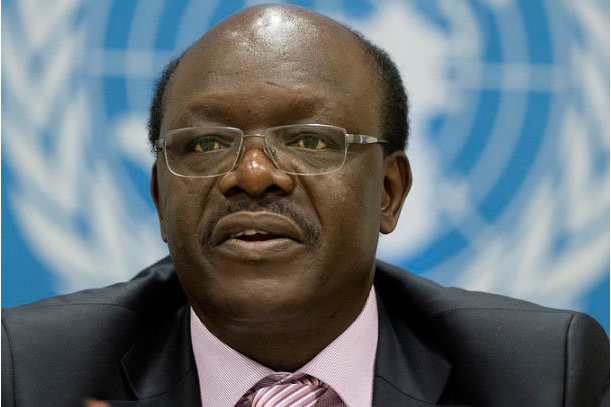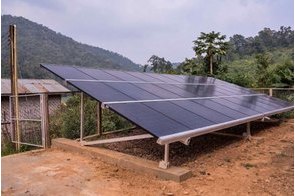UNCTAD says $89 billion leaves Africa annually in illicit financial flows

Summary
A comparison of IFFs from Africa and the continent's total external debt showed Africa was a net creditor to the world.
The Economic Development in Africa Report 2020, by the United Nations Conference on Trade and Development (UNCTAD), says stopping illicit capital flight could almost cut in half the annual financing gap of $200 billion that the African continent faces in achieving the Sustainable Development Goals (SDGs). The report says an estimated $88.6 billion, equivalent to 3.7 per cent of Africa’s GDP, leaves the continent as illicit capital flight every year.
According to the report, these outflows include illicit capital flight, tax and commercial practices like mis-invoicing of trade shipments and criminal activities such as illegal markets, corruption or theft.
Illicit financial flows (IFFs) are movements of money and assets across borders which are illegal in source, transfer or use, according to the report entitled “Tackling illicit financial flows for sustainable development in Africa.” The report says the outflows are nearly as much as the combined total annual inflows of official development assistance, valued at $48 billion, and yearly foreign direct investment, pegged at $54 billion, received by African countries – the average for 2013 to 2015.
“Illicit financial flows rob Africa and its people of their prospects, undermining transparency and accountability and eroding trust in African institutions,” said UNCTAD Secretary-General Mukhisa Kituyi.
From 2000 to 2015, the total illicit capital flight from Africa amounted to $836 billion. Compared to Africa’s total external debt stock of $770 billion in 2018, this makes Africa a “net creditor to the world”, the report says.
The report finds that tackling capital flight and IFFs represents a large potential source of capital to finance much-needed investments in, for example, infrastructure, education, health, and productive capacity.
The report’s analysis also demonstrates that IFFs in Africa are not endemic to specific countries, but rather to certain high-value, low-weight commodities. Of the estimated $40 billion of IFFs derived from extractive commodities in 2015, 77% were concentrated in the gold supply chain, followed by diamonds (12%) and platinum (6%), the report highlights, offering new insights for researchers and policymakers studying how to identify and curb IFFs. The report says this is relevant to all gold-exporting countries in Africa, for example, despite their differing local conditions.
The report canvasses international solutions to IFFs, and quoted Nigerian President Muhammadu Buhari to have said “Illicit financial flows are multidimensional and transnational in character. Like the concept of migration, they have countries of origin and destination, and there are several transit locations. The whole process of mitigating illicit financial flows, therefore, cuts across several jurisdictions.”
Related
-
Why the Fed Buried Monetarism
The Fed will almost certainly start raising rates in December, but monetary tightening will be much slower than in previous ...
-
New UNDP study reveals magnitude of limited debt relief for developing economies
Two-thirds of external ‘debt service at risk’ is not covered by current relief initiatives.
-
Renewable energy leads infrastructure investments in developing countries
South Africa, Colombia, Mexico, Chile, and Brazil attracted $11.9 billion, representing 47 percent of global commitments in ...










